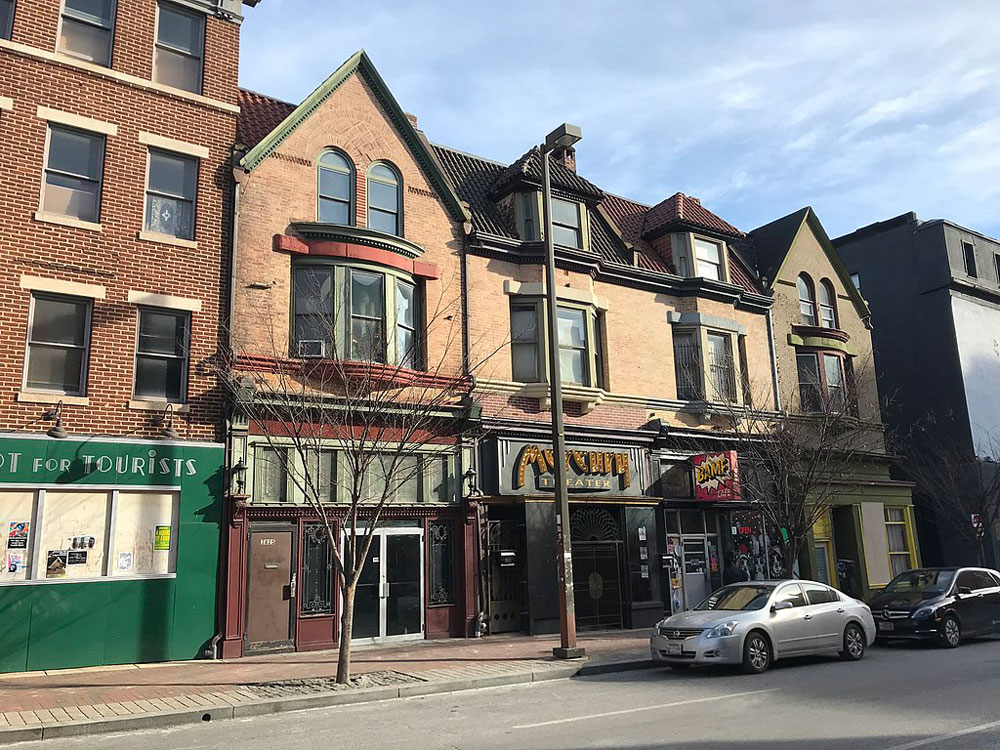
September 18, 2020; Baltimore Sun
Last month, NPQ covered Strong City Baltimore, an organization serving as fiscal sponsor to more than 150 small nonprofits. At the time, there was starting to be a sense some significant challenges were going on there, and that the sponsored nonprofits were unhappy with the service they were getting and accusing Strong City of mismanagement. We called the story a cautionary tale. Now, one month later, it is starting to sound more like one the Grimm brothers might have written.
The Baltimore Sun has published a new story that details more of the issues the sponsored nonprofits are having. At least 19 nonprofits have filed formal complaints, and apparently others are working hard to extricate themselves (and their money) from their relationships with Strong City.
One example in the Sun article is an engineering program for middle-schoolers which paused its program a year ago. The program’s head, William Tipper Thomas,
worried Strong City was mismanaging funds and was afraid it would get worse if he continued operating. “I’m not a numbers guy,” he says, “but I know addition and subtraction. A lot of the numbers they were providing me just didn’t make sense.”
There is also a racial dynamic to this. Strong City is a white-led nonprofit; many of the organizations it has fiscally sponsored are Black-led. As Fagan Harris, who leads Baltimore Corps, once fiscally sponsored by Strong City, tells Justin Fenton of the Baltimore Sun, “Black leaders across the city have to meet a higher threshold of performance, and these kinds of problems reflect poorly on the leader and makes it even harder for leaders of color to do their jobs. I don’t know that this predominantly white organization understood that or took it seriously, because if they did, they would not have let this level of incompetence persist for as long as it did.”
Sign up for our free newsletters
Subscribe to NPQ's newsletters to have our top stories delivered directly to your inbox.
By signing up, you agree to our privacy policy and terms of use, and to receive messages from NPQ and our partners.
All of this speaks to a venerable nonprofit that appears to have gone awry. For a long time, Strong City, founded in 1969, and operating until a few years ago as the Greater Homewood Development Corporation, was a neighborhood-based organization. In the past decade, however—at first almost by accident and later by design—it had become a leading fiscal sponsor for nonprofits across the city. The growth was heady—the organization’s budget doubled from $5.4 million in 2014 to $12 million in 2017. By 2019, the fiscal sponsored organizations under its umbrella had $14 million in revenue.
Strong City, for its part, continues the litany they have been using for a while: They know that they have not done well. Things got away from them, and they grew beyond their capacity to manage it. They are doing what they can to find out what went wrong and how to make it right. They are aware that their actions have an impact on the community and the nonprofits they sponsor. These are things they said in April and in August, and now the interim executive director is saying them in response to the Sun article.
Causes for the crisis at Strong City remain unclear. In the past, representatives accused the sponsored organizations of overspending, thus putting the whole fiscal sponsorship program on shaky ground. The former executive director also said that Strong City should have charged the sponsored organizations 15 percent of income instead of four percent. It is true that fiscal sponsors tend to charge between 10 and 12 percent—and sometimes more, depending on services provided.
However, it does seem that one issue was their helping with the development of, and then moving into, a refurbished building. Strong City are tenants of the facility with an option to buy in seven years. The building’s redevelopment cost $30 million. A former director of a program at Strong City said the rent allocated to her program tripled after the move to the new facility. On top of this was Strong City’s decision to absorb a program called The Club at Collington Square, which had been losing $300,000 annually.
What this article offers that differs from what was made known a month ago is the response of the philanthropic community. A representative of the Abell Foundation says, “We don’t permit anybody to use them any longer.” Another funder, the Goldseker Foundation, says, “We’re watching this and monitoring it like everybody else.” A third person, the executive director of the Open Society Institute, says this situation with Strong City calls into question the way public dollars flow into the community. She says funders did not realize just how much reliance there would be on fiscal sponsors in the period of investment after the 2015 uprising.
If you have been in the nonprofit sector, you know those statements are philanthropy-speak for “We are going to withhold funds.”— Rob Meiksins











